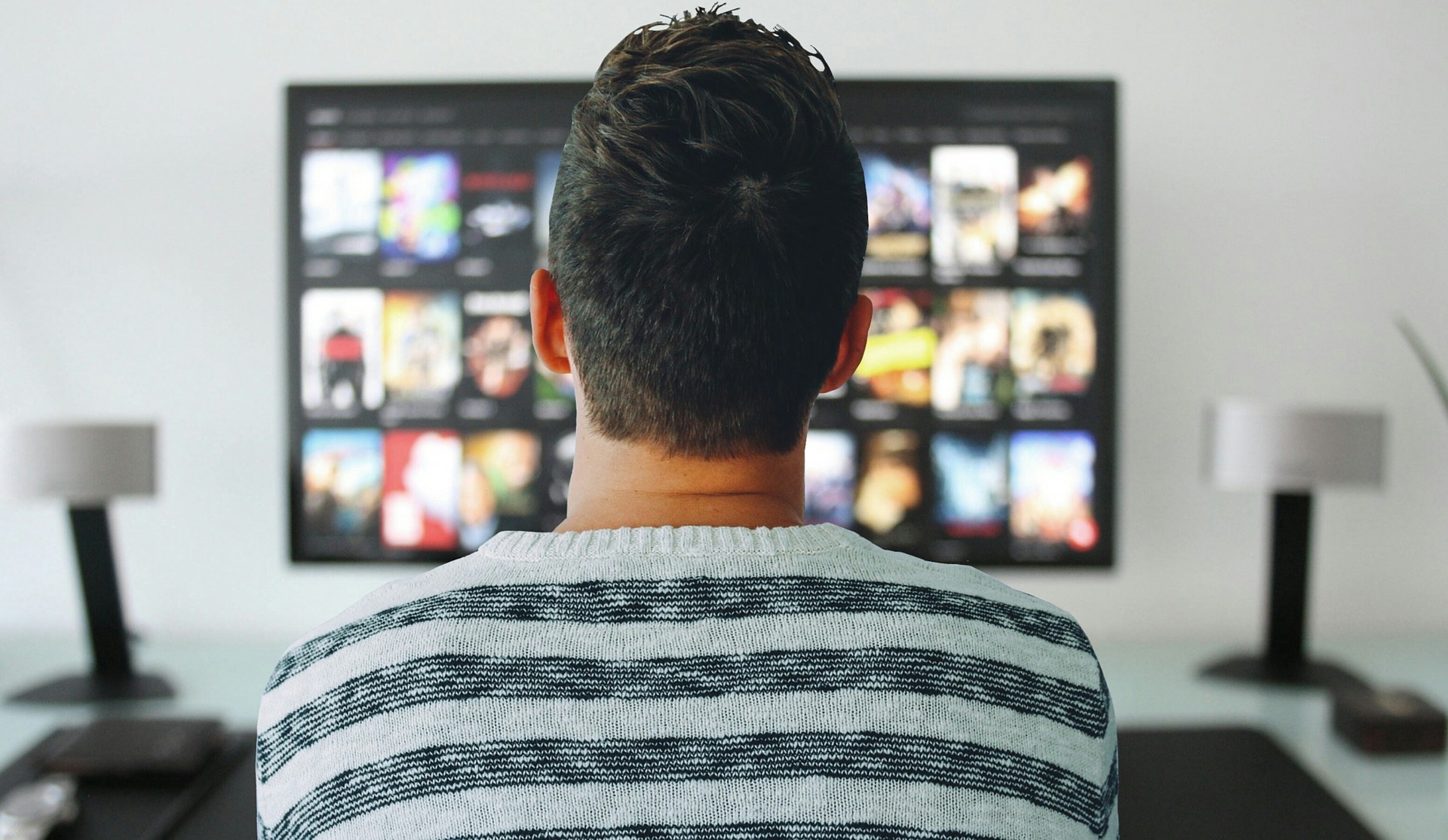Following Black History Month in October, the conversation surrounding the lack of Black and Minority Ethnic (BME) representation in film has been raised once again. The podcaster Stacia Brown recently took to Twitter to ask her black followers whether they had noticed that Netflix algorithms seemed to generate deceptive promotional posters about the leading cast of a film. This was shown on a poster for the Netflix original ‘Like Father’, for which some viewers found that the feature shot for the film insinuated two black characters were the main protagonists of the film when they were only minor characters. One viewer reportedly calculated that the two black characters shown in the promotional picture had a combined screen time of approximately ten minutes.
Other Black @netflix users: does your queue do this? Generate posters with the Black cast members on them to try to compel you to watch? This film stars Kristen Bell/Kelsey Grammer and these actors had maaaaybe a 10 cumulative minutes of screen time. 20 lines between them, tops. pic.twitter.com/Sj7rD8wfOS
— stacia l. brown (@slb79) October 18, 2018
“Viewers found that the feature shot for the film insinuated two black characters were the main protagonists of the film when they were only minor characters”
Another example of this is a shot for ‘Love Actually’ of Chiwetel Ejofor and Keira Knightley, which implied they were main characters when again, Chiwetel Ejiofor’s character in the film is a minor one. Some people have argued that this is a fundamental flaw in the Netflix algorithm that aims to mislead black viewers as a way of compelling them to watch, while others believe it to be nothing more than a harmless marketing trick. Last year, Netflix revealed it was launching artwork personalisation but has denied altering the promotional posters depending on the viewer’s race. A representative for the site has stated that the only information used is the member’s viewing activity and no demographics are considered when altering the promotional shots. This brings about another issue: should Netflix ensure TV shows and films with BME actors are accessible and sufficiently promoted?
 In 2017, Netflix launched a campaign named ‘#FirstTimeISawMe’ which aimed to bring attention to the need for representation in the film industry. The campaign featured intersectional stories to spark an important conversation about the lack of diversity in the media. Despite Netflix increasing the number of shows with BME leads, such as ‘Nappily Ever After’ and ‘The Get Down’, there is a noticeable difference in the level of promotion given to these shows. When comparing the hype around shows like ‘Stranger Things’ and the controversial series ‘13 Reasons Why’ to BME-lead shows like ‘Dear White People’ and ‘She’s Gotta Have It’, there is an obvious difference in the level of media attention.
In 2017, Netflix launched a campaign named ‘#FirstTimeISawMe’ which aimed to bring attention to the need for representation in the film industry. The campaign featured intersectional stories to spark an important conversation about the lack of diversity in the media. Despite Netflix increasing the number of shows with BME leads, such as ‘Nappily Ever After’ and ‘The Get Down’, there is a noticeable difference in the level of promotion given to these shows. When comparing the hype around shows like ‘Stranger Things’ and the controversial series ‘13 Reasons Why’ to BME-lead shows like ‘Dear White People’ and ‘She’s Gotta Have It’, there is an obvious difference in the level of media attention.
Although Netflix has firmly stated that the misleading promotional shots are unintentional, it is crucial that the streaming-site caters to the demand for BME-lead shows to encourage the normalisation of diverse casting. As there is an LGBTQ+ category on the Netflix website, it would be positive to see a category created for the programmes and films with a BME-centred cast. The importance of representation is undeniable, and Netflix owes its diverse customer-base the opportunity to see themselves represented in mainstream movies.
Adina Rees

